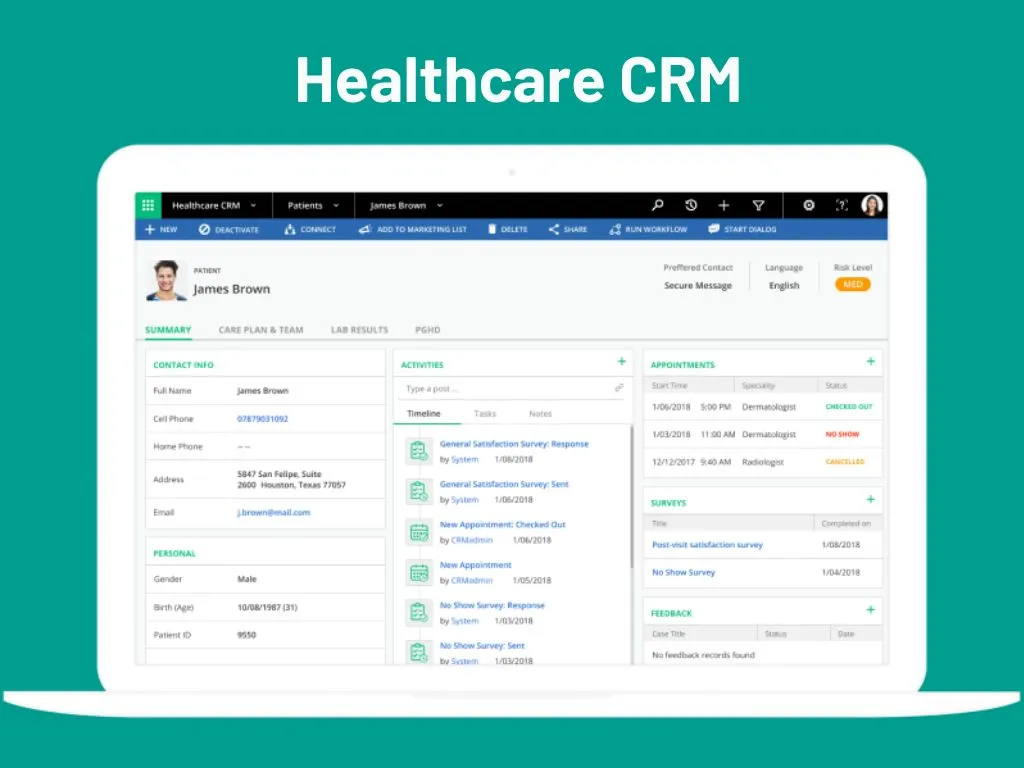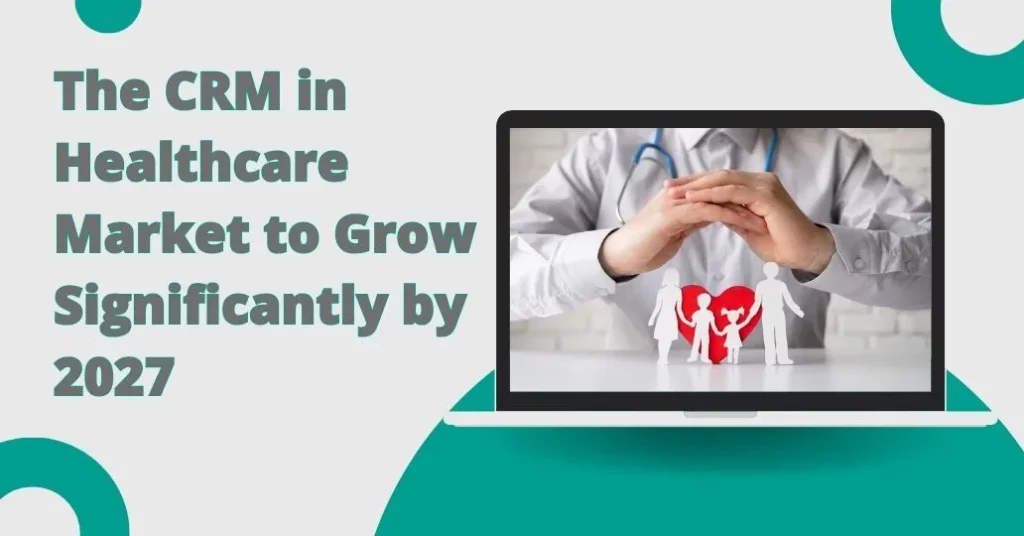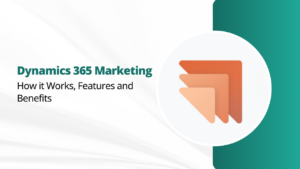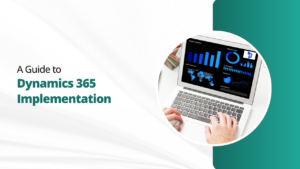The CRM in healthcare market is on the brink of substantial growth, with a projected increase of USD 8.01 billion from 2022 to 2027. It marks a substantial CAGR (Compound Annual Growth Rate) of 8.85% during this forecast period. Let’s learn the factors driving this growth, the emerging trends, and the impact of CRM solutions in the healthcare sector.
The Current Landscape
The healthcare industry is no stranger to evolution, but recent global events, including the COVID-19 pandemic, have expedited the adoption of technological solutions to enhance patient care. One notable trend is the increasing reliance on cloud-based CRM solutions. These cloud-based systems offer a range of advantages over traditional on-premise models. It includes scalability, flexibility, and cost-effectiveness. Moreover, they empower healthcare practitioners to manage patient relationships and access crucial patient data from any location, anytime, using any device.
This level of accessibility is particularly vital in remote and virtual patient care. This has gained prominence in the wake of the pandemic. In addition to these benefits, cloud-based solutions provide robust privacy and security features. These features are essential for safeguarding sensitive patient information. As a result, they are set to play a pivotal role in propelling the growth of global CRM in the healthcare market.
A Closer Look at the Market
Download the free sample of the report here. This exclusive report provides a comprehensive analysis of the market. It covers a historical period from 2017 to 2021 and forecasts the trends for 2023 to 2027. This data will help stakeholders gain a deep understanding of the dynamics of CRM in healthcare market.
Market Dynamics
Major Drivers
One of the primary drivers of growth in the CRM in healthcare market is the increasing demand for personalized healthcare services. As healthcare providers want to deliver personalized care to patients, CRM has emerged as a valuable tool. They enable healthcare practitioners to access and analyze patient data. It facilitates the development of individualized treatment programs. CRM systems also aid in identifying patient requirements and preferences. This improves communication with patients and enhances patient outcomes. So, healthcare providers focus on elevating the quality and relevance of their services while meeting patient needs. The demand for CRM in the healthcare market is expected to rise significantly during the forecast period.

Challenges to Healthcare CRM
However, the implementation of CRM solutions in healthcare is not without its challenges.
- High implementation costs with legacy systems may hinder market growth.
- Implementing a CRM system in a healthcare setting demands substantial resources of time and cost.
- Ensuring that the CRM system is compatible with existing legacy systems is a complex process.
- The lack of interoperability can lead to data silos and inefficiencies, making it difficult for patient data to be shared between systems and for healthcare organizations to maintain a cohesive view of patient data.
These challenges may adversely impact patient treatment and outcomes, potentially obstructing the growth of CRM in the healthcare market during the forecast period.
What’s New?
In addition to CRM market dynamics, this report offers special coverage on a variety of topics, including the Russia-Ukraine war, global inflation, COVID-19 recovery analysis, supply chain disruptions, global trade tensions, and the risk of recession. It also delves into global competitiveness and key competitor positions, providing valuable insights for decision-makers.
Market Segmentation
CRM in healthcare market can be divided based on components, deployment models, and geographical regions. The software segment is expected to experience significant growth during the forecast period. Modern technologies are increasingly integrated into the healthcare sector. Software solutions are playing a crucial role in managing patient data and improving communication between patients and healthcare professionals. The rise of cloud-based solutions and the growing demand for personalized healthcare services are driving the adoption of software components. The need for efficient data management and compliance with legal regulations further supports the growth of this segment.
Conclusion
In conclusion, the CRM in healthcare market is poised for substantial growth in the coming years. It is driven by the increasing demand for personalized healthcare services and solutions. While challenges such as high implementation costs and interoperability issues exist, the benefits of CRM solutions in improving patient care and outcomes are expected to outweigh these challenges. If you looking for customized healthcare CRM services, contact us.




